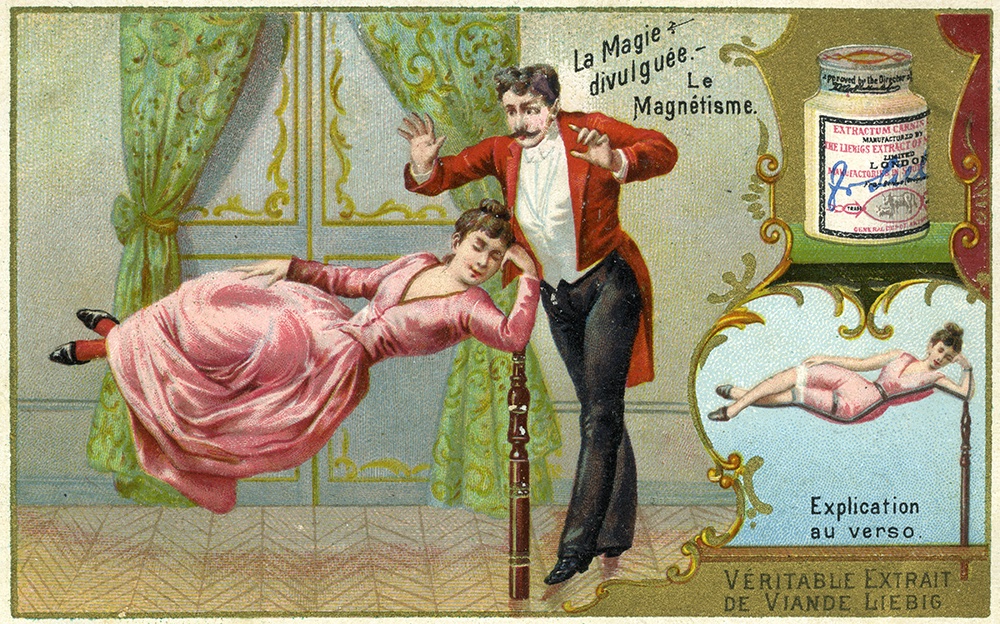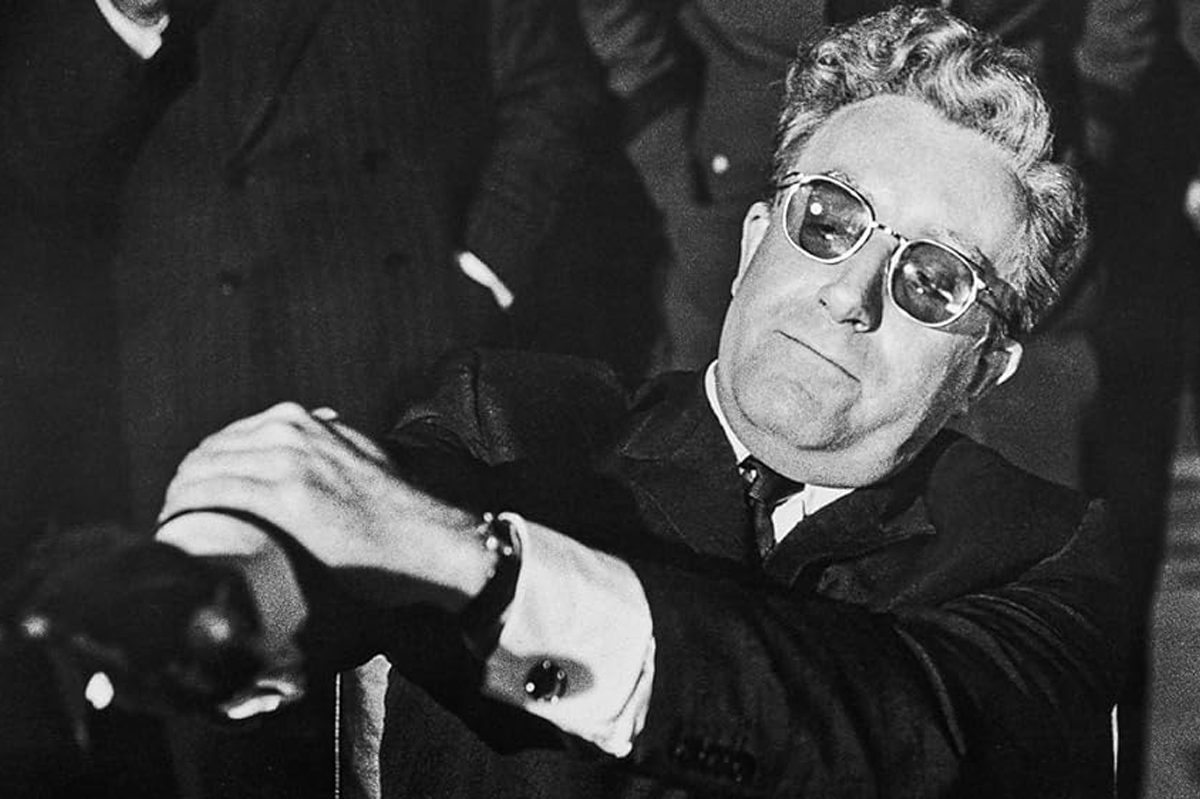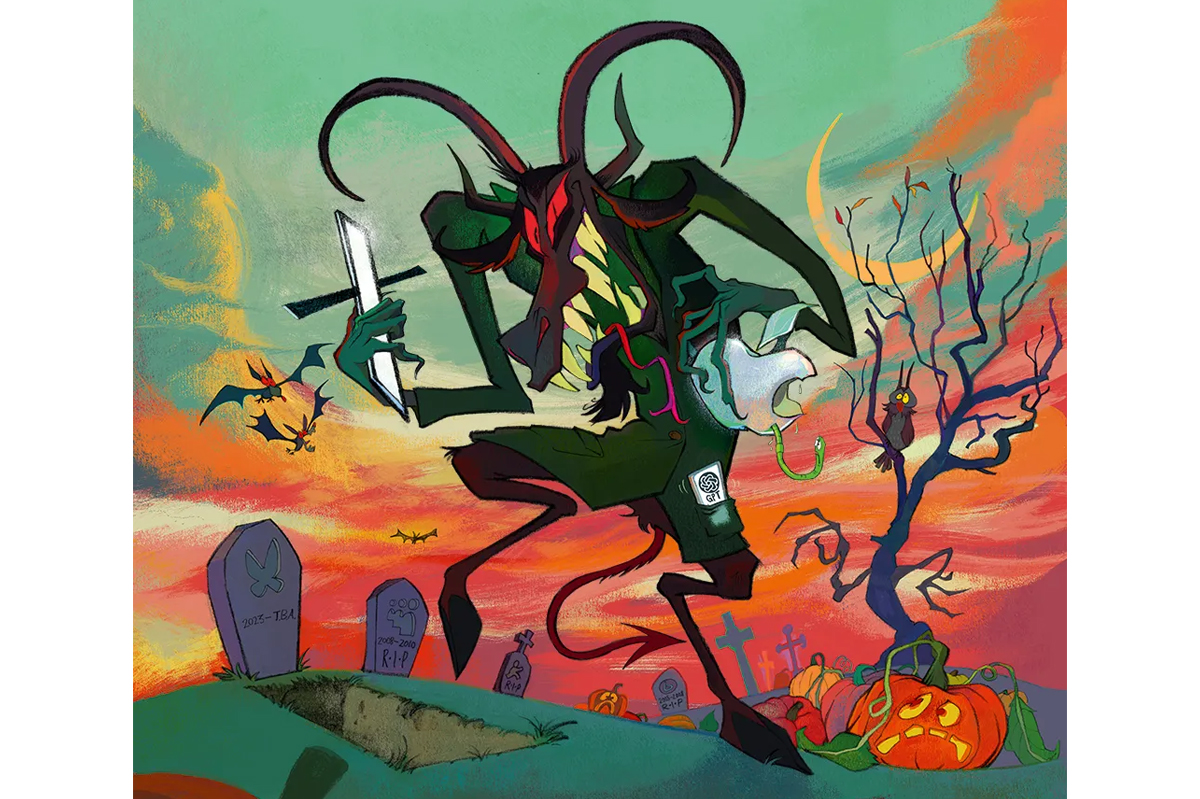So much of life is a search for answers. How to get ahead, how to earn more money, how to be happy. But deep down, is there a part of us that likes not knowing an answer? Do we sometimes want to be baffled?
It’s a question that’s come to fascinate me as I’ve embarked on a new career leading corporate team-building sessions based around magic. I do the tricks (close-up stuff — cards, coins and the like), then the team has to work out how I’m doing them.
Of course they need hints to get them started, but you’d be amazed at how much the group brain can achieve. People love the challenge, the lessons in problem-solving, and, of course, the fact that they go home with several tricks that will really annoy their other half. But occasionally there’ll be one person who says: “Part of me doesn’t want to know how it’s done.”
On the face of it, this makes no sense. The whole point of a magic trick is that it leaves you wanting to know the secret. How could something that’s seemingly impossible just have happened right before your eyes? Turning away at that point, deliberately shielding yourself from the answer, is like watching a whodunnit and switching off just before the reveal.
But then you remember something that any magician will confirm: the hardest person to impress is a three-year-old child. If I make a coin vanish for you, it will (I hope) elicit praise, your admiration based on the fact that you don’t know how I did it. If I make a coin vanish for a three-year-old, however, they’ll take it in their stride, because they still think magic is real. “Yeah, you’ve vanished the coin — so what?” They’ll instantly copy what they think has happened, and when blowing on their hand fails to make the coin disappear, they’ll simply assume that they blew on it the wrong way.
And that’s what people are pining for. The part of them that doesn’t want to know how a trick is done is saying: “I want to be three again.” They want a life where possibilities open up instead of closing down, where wonder is real, where they don’t know what the word “mortgage” means.
This even applies to magicians themselves. Penn & Teller have a TV show called Fool Us, where any magician who performs a trick the duo can’t work out wins a booking to appear as their opening act in Las Vegas. Penn Jillette (the one who does all the talking) is often asked in interviews whether it bothers them when they can’t solve a trick. “Of course not,” he replies. “That’s what we want. You don’t get into magic because you like to fool people, you get into magic because you like being fooled.”
That instinct is there in all of us, which is handy for magicians, because it means the spectators do lots of the work for them. Very often the secret behind a trick will be relatively simple — what really sells it is the audience’s desire to buy. To quote Teller (his full name — he legally changed it to get rid of his forenames): “There is no story as powerful as the one the audience tells itself.” Or to quote Raymond Reddington, James Spader’s character in The Blacklist: “The magician doesn’t trick you — he helps you trick yourself.”
So how do we reconcile the ambivalence? Do we want to know how the trick is done or not? The answer is that we do — but then we instantly want to be fooled again by another trick. This shows through time after time in my team-building sessions: people will work really hard to crack a trick, which makes them feel ten feet tall (as indeed it should)… and then a minute later they’re saying: “Come on, we want to see another one.” Their impatience is because they want to recapture, just for a few moments, that feeling of being lost in disbelief. And of course I’m happy to oblige.
It keeps reminding me of something in my other job, which is writing about trivia. All the time people are telling me facts I didn’t know, and mostly it leads to fascinating conversations — but once in a while someone says: “You must be really annoyed that you didn’t know that.” On the contrary, I tell them — I’d hate it if I never learned anything new. What could be sadder than knowing everything? What would there be left to discover? As John Lloyd, the creator of QI, puts it: “Questions are always more interesting than answers.”
And so it is with magic. Audiences and magicians alike are always looking for the next surprise. That’s what makes life fun. And achieving that is the biggest trick of all.
Details of Mark’s sessions are at https://www.theimportanceofbeingtrivial.com/. This article was originally published in The Spectator’s UK magazine. Subscribe to the World edition here.


























Leave a Reply